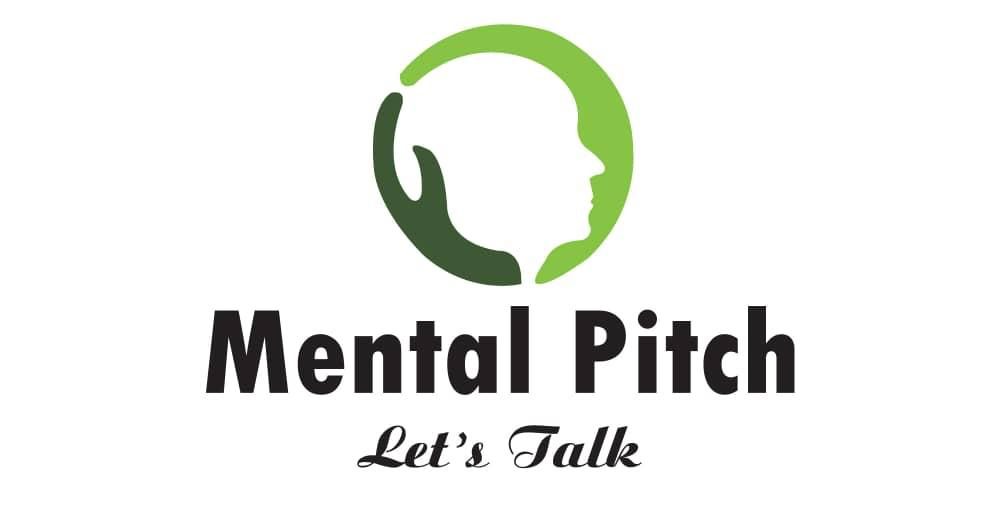Healing The Invisible Wounds: Mental Health Support After Tech-Enabled Sexual Abuse
In today’s digital world, technology offers amazing opportunities for connection and creativity—but unfortunately, it has also given rise to new forms of…
In today’s digital world, technology offers amazing opportunities for connection and creativity—but unfortunately, it has also given rise to new forms of exploitation. The same tools we use to connect, express ourselves, and build relationships are increasingly being weaponized to harm, shame, and control.

At Mental Pitch, we’re deeply concerned about the growing impact of tech-enabled sexual abuse—a modern form of violence where technology is used to violate someone’s consent, privacy, and dignity. These violations are not just digital—they’re deeply personal, emotional, and psychological.
What is Tech-Enabled Sexual Abuse?
Tech-enabled sexual abuse occurs when intimate images, videos, or audio—whether real or manipulated using artificial intelligence—are created, shared, or threatened to be used without a person’s full, informed consent.
Some examples of this kind of abuse include:
• Deepfakes: AI-generated content that falsely places someone in a sexual situation they were never part of
• Revenge porn: Sharing private photos or videos with the intent to shame, punish, or control
• Sextortion: Using threats to release intimate content unless more images, money, or favors are given
• Hacking and cyberstalking: Gaining unauthorized access to someone’s devices, social media, or cloud storage to surveil, steal, or share private content
These are serious violations. And while the law is still catching up with the pace of technology, the emotional and psychological consequences are already taking a toll—especially on survivors who are often left to cope in silence.
⸻
The Mental Health Toll of Tech-Based Abuse
When someone’s privacy and body are violated online, the trauma doesn’t stay on the screen. Survivors often experience a range of mental health struggles that deserve validation and support:
• Anxiety and constant hypervigilance: Many survivors live in fear of being further exposed, stalked, or harassed
• Loss of trust and safety: Relationships may become difficult, and intimacy can feel unsafe
• Shame, self-blame, and isolation: Victims may internalize guilt or feel ashamed, even though they did nothing wrong
• Body image issues and low self-esteem: Being objectified or humiliated online can impact how a person sees and values their own body
Let’s be absolutely clear: It is never the survivor’s fault. No matter what was shared, said, or done online, responsibility lies with the perpetrator—full stop.
⸻
How to Heal: Steps Toward Mental and Emotional Recovery
Recovery after tech-enabled abuse can feel overwhelming, but healing is possible—and support is available.
1. Talk to someone right away.
You are not alone. Confidential, 24/7 support is available via contact@mentalpitch.org
2. Connect with a trauma-informed therapist.
Professional mental health care can make all the difference. Look for therapists who specialize in trauma, sexual violence, or cyber abuse —— this is where we come into play.
3. Reach out to people you trust.
Don’t carry the weight in silence. Whether it’s a friend, family member, or mentor, leaning on someone who can listen without judgment can help you begin to rebuild a sense of safety.
⸻
Taking Action for Change
At Mental Pitch, we stand with survivors and advocate for stronger protections against digital abuse. While legal systems are still adapting, we believe in pushing for legislation that:
• Holds perpetrators accountable for tech-enabled abuse
• Allows survivors to demand immediate takedowns of non-consensual content
• Ensures digital platforms create safer spaces through responsible policies
We all have a role to play—whether that’s supporting someone through healing, demanding better laws, or challenging toxic digital norms that make abuse easier to commit and harder to report.
⸻
Everyone Deserves Safety, Online and Offline
Tech-enabled sexual abuse is not just a tech issue. It’s a mental health issue. It’s a human rights issue. No one should live in fear of being digitally stripped of their privacy, autonomy, or identity.
Let’s reclaim technology as a tool for empowerment—not exploitation. By supporting survivors, advocating for safer digital spaces, and standing up to abuse in all forms, we can create a future where dignity and consent are non-negotiable—and where healing is not just possible, but expected.
If you or someone you know has been impacted, please don’t suffer in silence. Help is here via contact@mentalpitch.org

